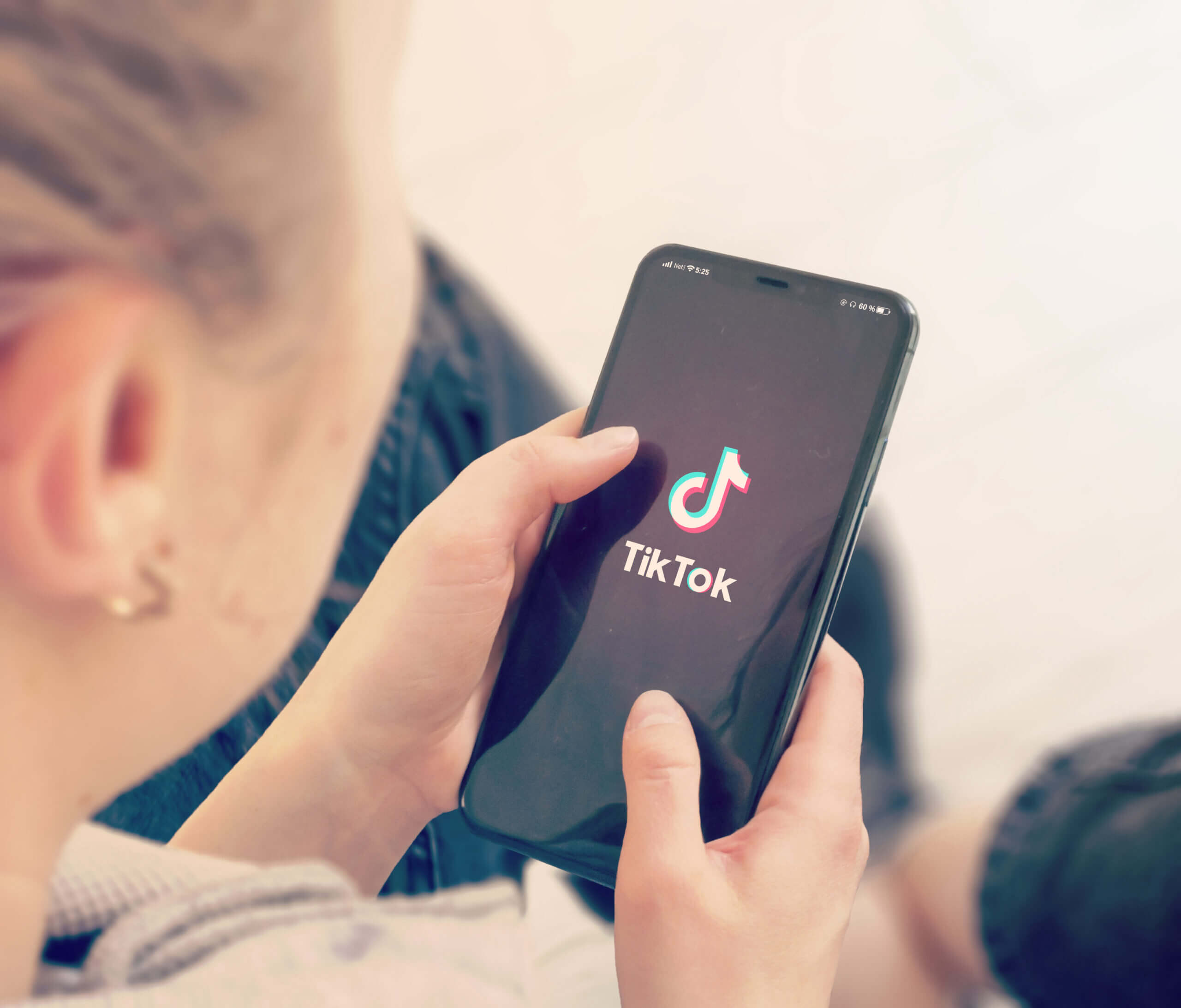
What Is Influencer Marketing (and Why Does It Matter)?
Today’s marketing strategy employs a variety of tactics, including email, green, holistic and direct marketing. A successful campaign might include aspects from all of them.
Most companies these days know the benefits of paying close attention to social media, where they can discover trends, new ideas to build from, and ways to relate to their audience.
Social media has also spawned all kinds of new marketing tools. Among them are influencers, people who’ve turned their knowledge of a topic, as well as their personalities, into a business. This business involves marketing themselves as influencers.
Using influencers to market a product, service or brand can increase your reach and boost your recognition — and ultimately your sales.
What Is an Influencer?
Influencers affect the purchasing decisions of others. They could be celebrities, people with unique knowledge, those in respected positions, or anyone who’s developed a relationship with an audience.
Celebrities are commonly hired to promote a product in print ads or commercials, but today’s influencers include more than just famous people. And they’ve built a legion of online followers.
Anyone can be an influencer: an executive who gains a following on LinkedIn; a teenager who posts pictures on Instagram; a homemaker who attracts an audience on Pinterest; a drummer who uploads YouTube videos with tips and tricks of his trade. Don’t forget Twitter, TikTok, WhatsApp, Facebook, and bloggers with their own sites.
Influencers exist for consumer products and services as well as in the B2B space. The key is that they develop a rapport with their followers, and that gives them sway over their followers’ buying choices. They have developed knowledge and trust over time, and this helps make them more relatable to the everyday consumer.
An influencer typically has a distinct niche. It could be fashion, makeup, a software tool — pretty much anything. Followers often pay more attention to influencers than to a particular product or brand, but here’s the beauty of influencers: If they like and promote the brand on their channel, there’s a good chance it will lead to sales.
The keys to great influencers are subject expertise, quality of their pictures or videos, and how engaging they are with their audience. Successful influencers can have tens of thousands to millions of followers. And those followers are loyal.
Another advantage of influencers: They keep up on the latest trends and always look for ideas and products to ensure their channel is fresh and their followers engaged. This is why your company might explore working with influencers.
What an Influencer Can Do for You
It sounds easy, right? Find an influencer with a billion followers and get that person to recommend your product in exchange for money or product. Not exactly. Influencers have spent years cultivating their audience and creating content, so unless you fit their agenda, they won’t be interested in collaborating.
Influencers are notoriously picky about what they choose to incorporate into their channel. You’ll need to convince them that your product or service is worth staking their reputation on.
Influencer marketing is about building a relationship that’ll pay off in the long run. If influencers trust your product or service, they’ll go all-in for you.
Your main objective with influencers isn’t to directly sell your product (although this is a wonderful byproduct). They will integrate your product or service into their message to create a want or need. This happens through engaging content and social interaction with their followers.
Established influencers are diverse, top of the line, and base their prices on the number of followers they have.
That said, don’t discount up-and-coming influencers or those with sway in a specific niche market or industry. Micro-influencers and nano-influencers may have fewer followers, but those followers are more targeted and devoted.
Choosing an up-and-comer may lead to a more personal relationship with a target audience. You likely wouldn’t get this result with a top-tier influencer.
How Do I Find an Influencer to Work With?
Finding the right influencer takes time, but the investment is worth the effort. You want to be completely familiar with their style and audience. You want to begin building a relationship or “market to the influencer.”
If they’re popular, they get tons of pitches from companies like yours all the time. Why should they choose you? What sets you apart from everyone else? How do you fit in their channel?
You’ll need to convince them of your value, that you’re worth their attention. Start with the platform you want to target, then pay attention to who posts, what their content entails, and the extent of their reach.
Pick a couple, follow them, and comment on their pages. Soon you’ll become a familiar face.
Alternatively, you can contact influencer agencies, which can pair you with potential influencers in your genre or industry.
You still must do your homework and be sure they’re the right fit. Your target audience should follow your influencer, and your influencer must share your vision.
Before you approach an influencer, be prepared with clearly defined goals and ideas about how you fit into their channel. Then negotiate a contract that spells out how often they post, what types of publicity they can offer, and terms of their service.
Why Does Influencer Marketing Matter?
Choosing the right influencer could help you reach a whole new world of potential customers. Influencer marketing is an effective use of your marketing dollars — you could see a six-fold return on investment.
Numerous metrics can measure the effect of your influencer strategy on your bottom line. There’s audience reach, of course, but you can also look at comments, likes, and shares as they relate to your product or service.
From those, you’ll get an idea of how the influencer is marketing your product and how the audience feels. Is the content putting a positive spin on your brand?
As time goes on, you can measure other impacts of influencer marketing, from how many followers you have for your product to whether you see increases in newsletter sign-ups, users of your product or service, and ultimately sales.
Set certain metrics that will calculate your campaign’s success. Your goal should be specific, on a timeline, and achievable. Common metrics include clicks, impressions, conversions, reach, and product sales.
It’s important to pay attention to your return on investment. You’ll have tangible results in the form of comments, for example, and intangible ROI — the long-term effect on your brand.
Use CRM (customer relationship management) tools to track where customers originated from, as these are good indicators of whether you should keep working with an influencer or try another tactic.
Take Action
Influencers can make a big difference on your bottom line, but only if you approach the campaign with clear objectives and plans. Use both an influencer’s social media and content marketing tools.
That said, don’t rely exclusively on influencers despite what a great marketing tool they can be. Depending on your budget, you also don’t have to limit yourself to one influencer. Choosing two or three allows you to diversify your message and reach more potential customers. If something happens to influencers or their reputation, you don’t want your entire campaign to go down with the ship.
Today’s customers are more complex, and it’s a challenge to get their attention. An influencer can breathe fresh air into your product or service.
Influencer marketing is constantly evolving. Get creative in working with an influencer and blaze a path that makes sense for your strategy.
As long as social media grows, influencers will remain relevant. Some will come and go, and if you find the ones with staying power who are serious about their trade, you can definitely benefit from adding influencer marketing to the mix.





